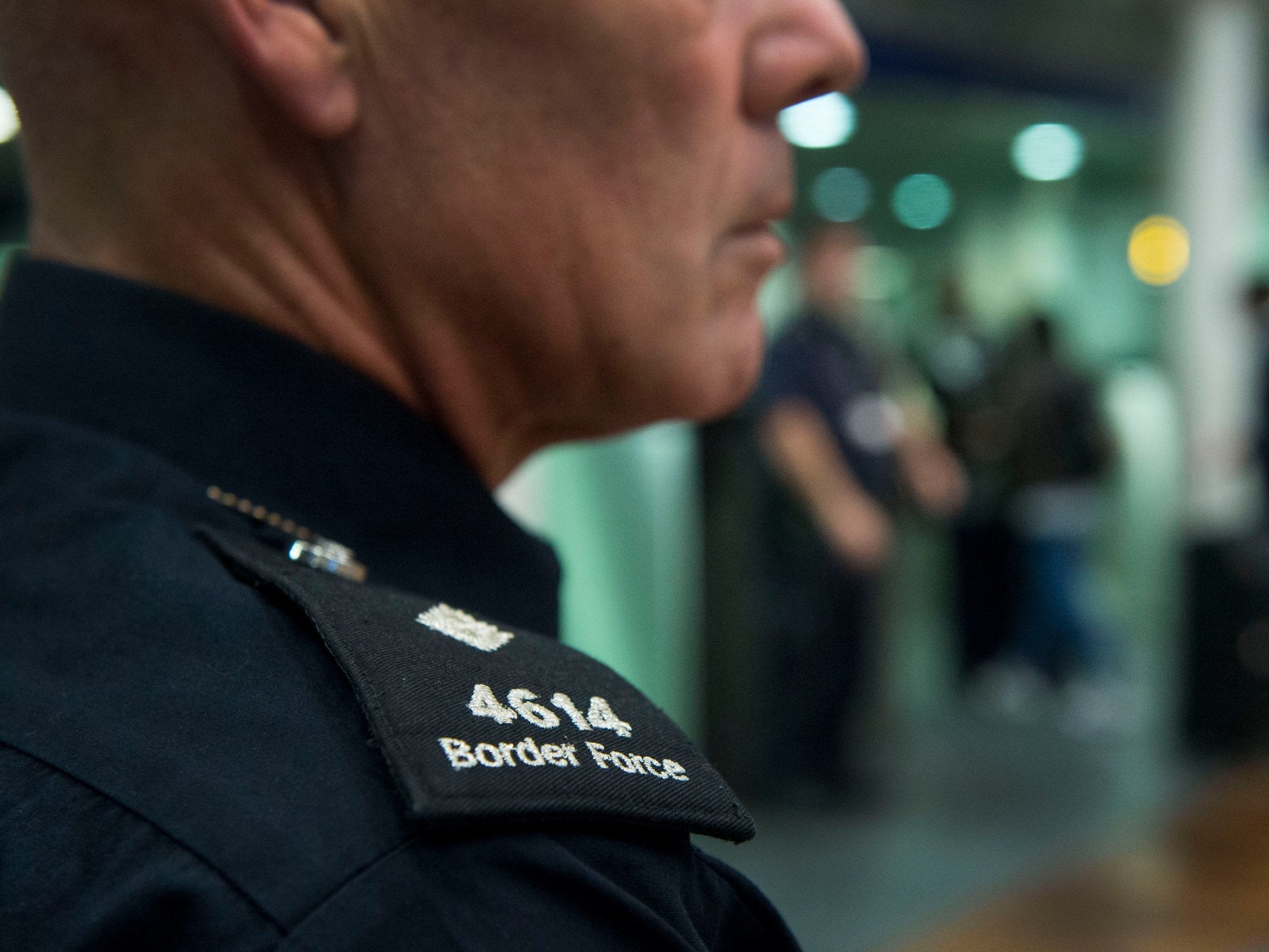UK border police seized £13m worth of illegal erectile dysfunction drugs last year
Organised crime groups increasingly turning to sale of unlicensed medicines

More than £13m worth of fake Viagra and other erectile dysfunction drugs were seized by the UK Border Force last year, according to official statistics.
Treatments for weight loss, skin lightening, HIV, cancer and hair loss, among other serious illnesses, accounted for another £2.5m of illegal medicines intercepted at ports and post offices.
The figures were released to The Independent as police warned that organised crime groups were increasingly moving into the trafficking of medicines
While the total value of drug seizures has decreased since 2017, it is estimated that one in 10 people in the UK have bought fake medicines online in the past year.
In an attempt to combat the problem, the Medicines and Healthcare products Regulatory Agency (MHRA) set up its FakeMeds campaign, which warns of “serious negative health consequences” of buying drugs online.
The MHRA also announced that Viagra would be made available over the counter to try and divert the public from the online trade in unlicensed and counterfeit versions.
In 2018 the Border Force seized £15,497,385 worth of illegal and unlicensed medicines, compared to £20,266,143 the previous year.
Erectile dysfunction drugs accounted for the largest proportion, with £13,080,954 last year, down from £16,611,813 in 2017.
The UK Border Force also seized HIV treatments valued at £554,121, narcolepsy treatments worth £509,307, diabetes valued at 372,150, and weight loss drugs worth £321,870.
Smaller seizures related to medicines for skin lightening (£85,000), pain relief (£53,000), cancer (£40,000), depression (£9,000), epilepsy (£3,276), hair loss (£10,500), high blood pressure (£2,292), scabies (£3,114), sinusitis (£36,744), prostate problems (£188,400) and thyroid disorders (£226,830).
Alastair Jeffrey, MHRA Head of Enforcement, said: “Selling medicines outside of the supply chain is a serious criminal offence.
“We will continue to track down and prosecute those recklessly endangering public safety by illegally selling prescription medicines.
“Those involved have no concern about your health and are making money from vulnerable people.

“Please speak to a GP or healthcare professional if you have any questions or concerns about prescription only medicines.”
Last month Europol, the EU law enforcement agency, announced that £145m worth of illegal medicines had been seized during an eight-month operation across 16 countries including the UK.
“The misuse of medicines is a serious and growing problem that needs to be tackled at the European level,” Europol said in a statement. “Organised crime groups are increasingly turning to this crime area as it provides very high profits for perpetrators and relatively low risks regarding detection and criminal penalties.
“This year’s investigations revealed that the trafficking not only covered opioid medicines, but also pharmaceutical products used for the treatment of major illnesses such as cancer and heart conditions, as well as performance and image enhancing drugs.”
Join our commenting forum
Join thought-provoking conversations, follow other Independent readers and see their replies
Comments
Bookmark popover
Removed from bookmarks